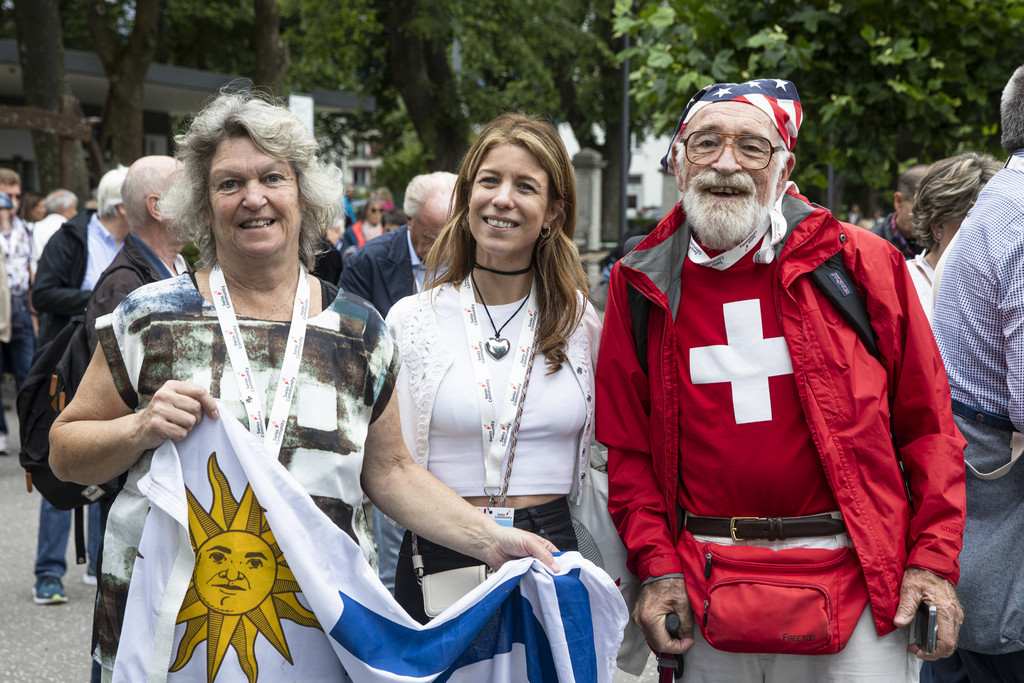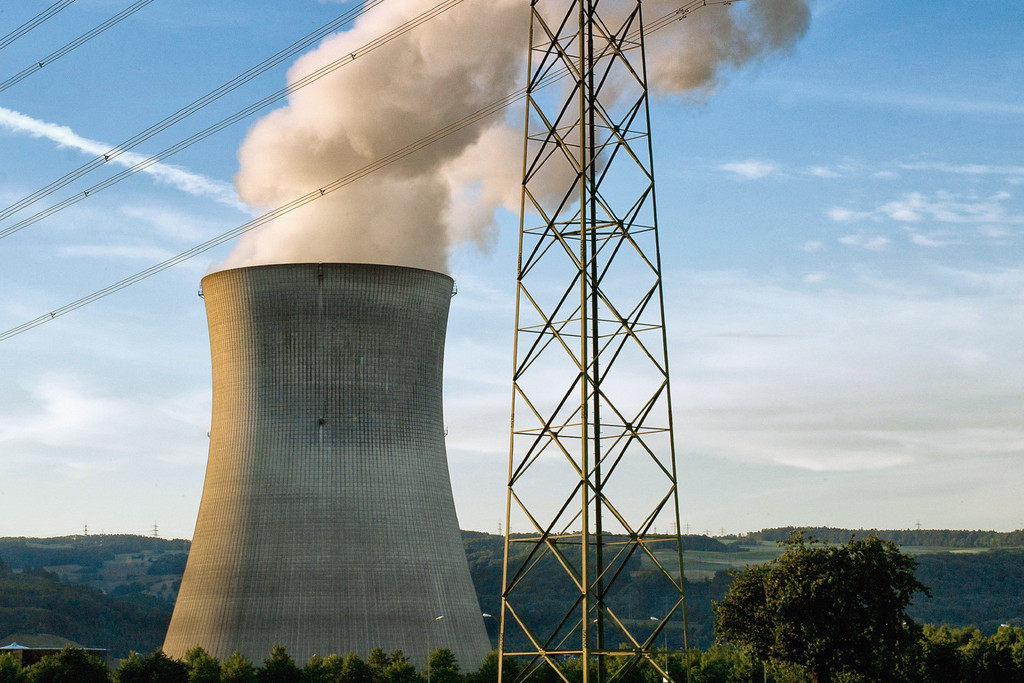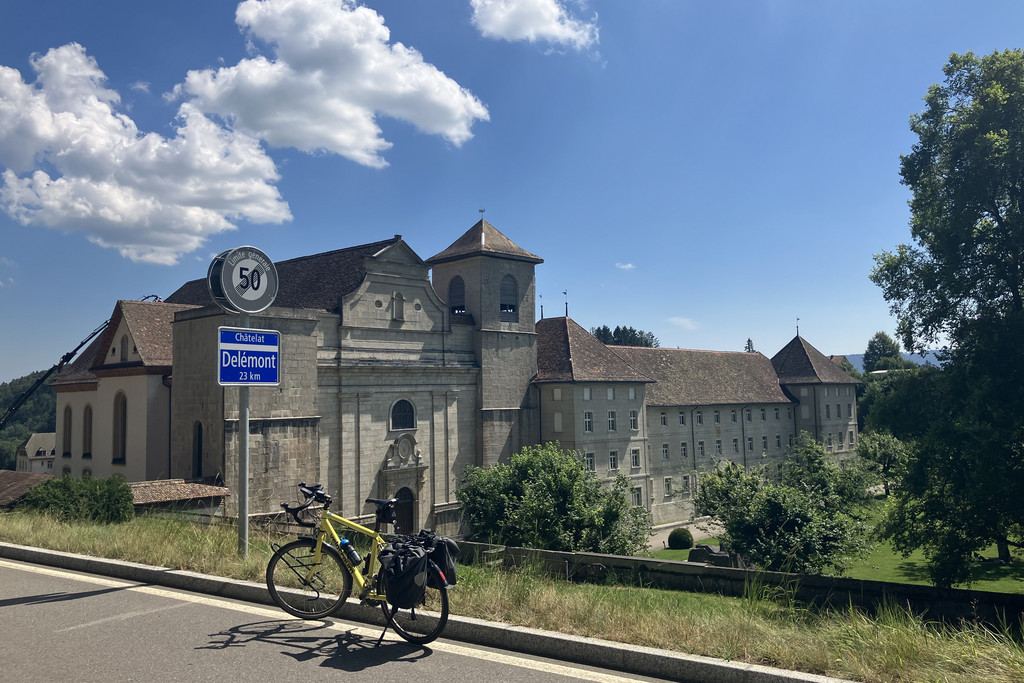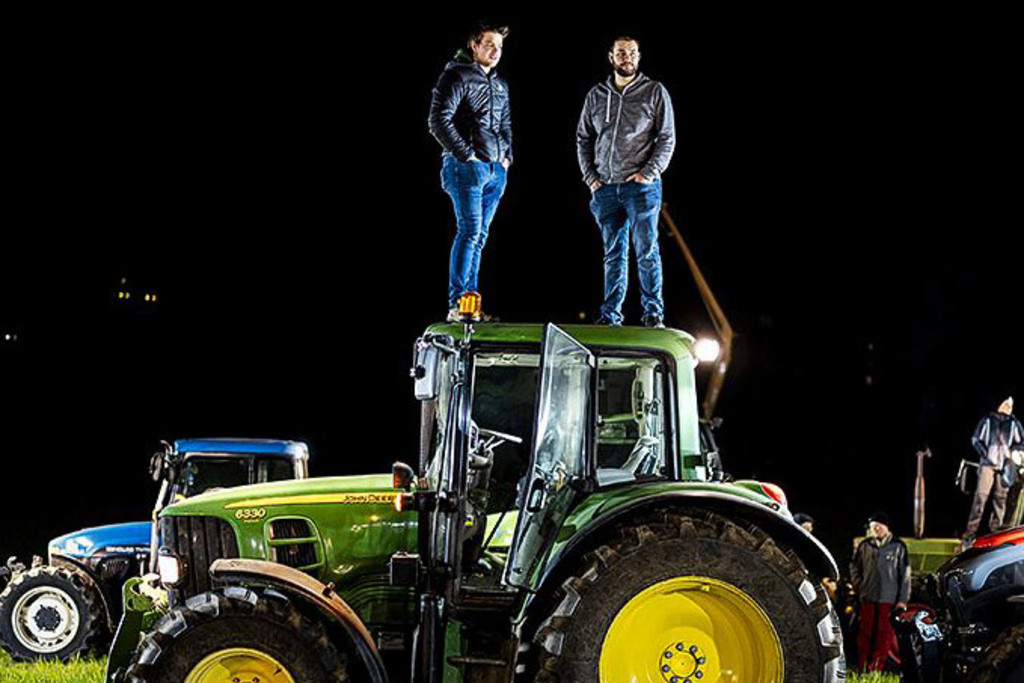![[Translate to English:]](/fileadmin/_processed_/4/6/csm_Spenden_Chang-Duong_Unsplash_a44ae9f16e.jpg)
Thank you! Your donations helped us to keep going

Discussion: Swiss Abroad are “spongers”?

Discussion: The nuclear debate reignites

Discussion: Jura

Discussion

Discussion: Strong response to our “big wolf hunt” article

Discussion


We focus too little on electricity consumption. Electricity wastage should come at a price. Inefficient machines, equipment and lighting should be subject to a penalty tax. We currently waste too much energy, because this energy is easily available and relatively inexpensive. How many electrical appliances does your household have?
Here we are with our backs against the wall (not of the dam, but of climate change!), where we see that each solution has its grey areas and its disadvantages. We will only be able to reach informed and agreed-upon solutions through dialogue.
Climate change isn’t just causing a change in which season the ‘run-off’ happens. And that glaciers are melting into lakes. Whether or not the supply of water is natural or artificial doesn’t matter, insofar that the amounts are substantially less... this not only affects the views, the species that are already endangered and others that would become so (like us for lack of water to drink and for agriculture to feed us), but the very futile wish of producing electricity in this manner!
It is not only a question of the dams in the mountains. We can use modern technology relatively discreetly to harness energy anywhere water flows. France recently decided to tap into minor hydropower sources again – flour mills, sawmills, etc. Or take the Aabach as an example – this small river in the canton of Lucerne used to provide energy for an entire industrial area before flowing into Lake Greifen.
In my opinion, it is not possible to tackle climate change without taking personal saving decisions and thinking outside the box for transport. Hydrogen engines can power all vehicles. But we keep thinking all-electric for cars, at the risk of a future shortage of spare batteries. Having lived in Valais for 35 years, I think that dams are essential, but that they have to be better connected to the protection of nature, with a sufficient flow in the rivers.
There is no other way to resolve the issue other than investing in nuclear energy again. This time, we clearly need to focus on getting our research right and recycling the radioactive waste. No one wants wind turbines built everywhere, because they devalue property, kill birds and spoil the landscape.
We need to think more about what is easiest from a technological viewpoint. Water again is the answer – or hydrogen, to be precise. The hydrogen combustion engine is proven to be suited to large-scale facilities in permanent locations, as well as trucks, trains and ships. The problem with this? The mains water needed for it is simply too cheap, which is not what the world’s overblown energy sector wants. The powers that be search frantically for expensive, fixed-price sources of alternative energy instead.
What a fantastic article! I have been the cook in our family since 1970 and I could not possibly exist without Maggi seasoning. Years ago we went through a period here in Brisbane when you couldn’t get Maggi. Talking to a Swiss friend, a chef, he suggested just using soy sauce. It’s just not the same. I was so glad when the famous bottle appeared once again on our supermarket shelves.
Excellent article, short but very informative. Like others that you regularly publish, it enables us to add a bit of spice and diversity to the topics of conversation that often arise when we reveal our citizenship abroad: banks, riches, (expensive) watches, etc… Thank you!
Truly a success story from a commercial perspective. It is a shame the article didn’t mention that Maggi, flavoursome though it is, does not contain the healthiest of ingredients these days. Now more than ever, it is important that consumers are informed of what they are consuming. In my view, the initial scepticism shows that people back then knew that food coming from a bottle and made in a factory could never be healthy.
I drove my mother crazy when I was young, because I always showered my food with gallons of Maggi. I still keep a bottle today – and regularly use it. Does that make me a bad cook?
Your article reminds me of the thick blue cookbook that my grandmother always used. And I had no idea that there was no ‘Maggi-Kraut’ (lovage) in Maggi at all.
I don't think that I ever made a salad, a soup or a stew without Maggi. I have always carried Maggi with me on my travels, if it was through the wet tropical rainforests of Papua New Guinea or the bush here in Australia. Maggi is still being sold in big bottles in many Asian grocery stores.
A very interesting article and a great story about industry. It is often remarkable to note that concepts like marketing, influencers and a number of the others mentioned already existed. What changed is that in between, marketing has been conceptualised and is now almost a science. Thank you for this effort.
We need to thank Julius Maggi for the contribution he made to eating habits around the world. A remarkable story.
My children and grandchildren love Maggi too. I keep a large bottle in the kitchen cupboard, so that I can continue replenishing my smaller bottle.
Without doubt, that was one of the best articles that I have read to date. Many thanks!
After the breakthrough of the railway tunnel, one of the Italian construction workers decided to go all the way to the German-speaking side. He ended up in the Muota Valley, where he eventually got married and created an extra branch on our family tree. It is thanks to him and the tunnel that I am alive.
Comments